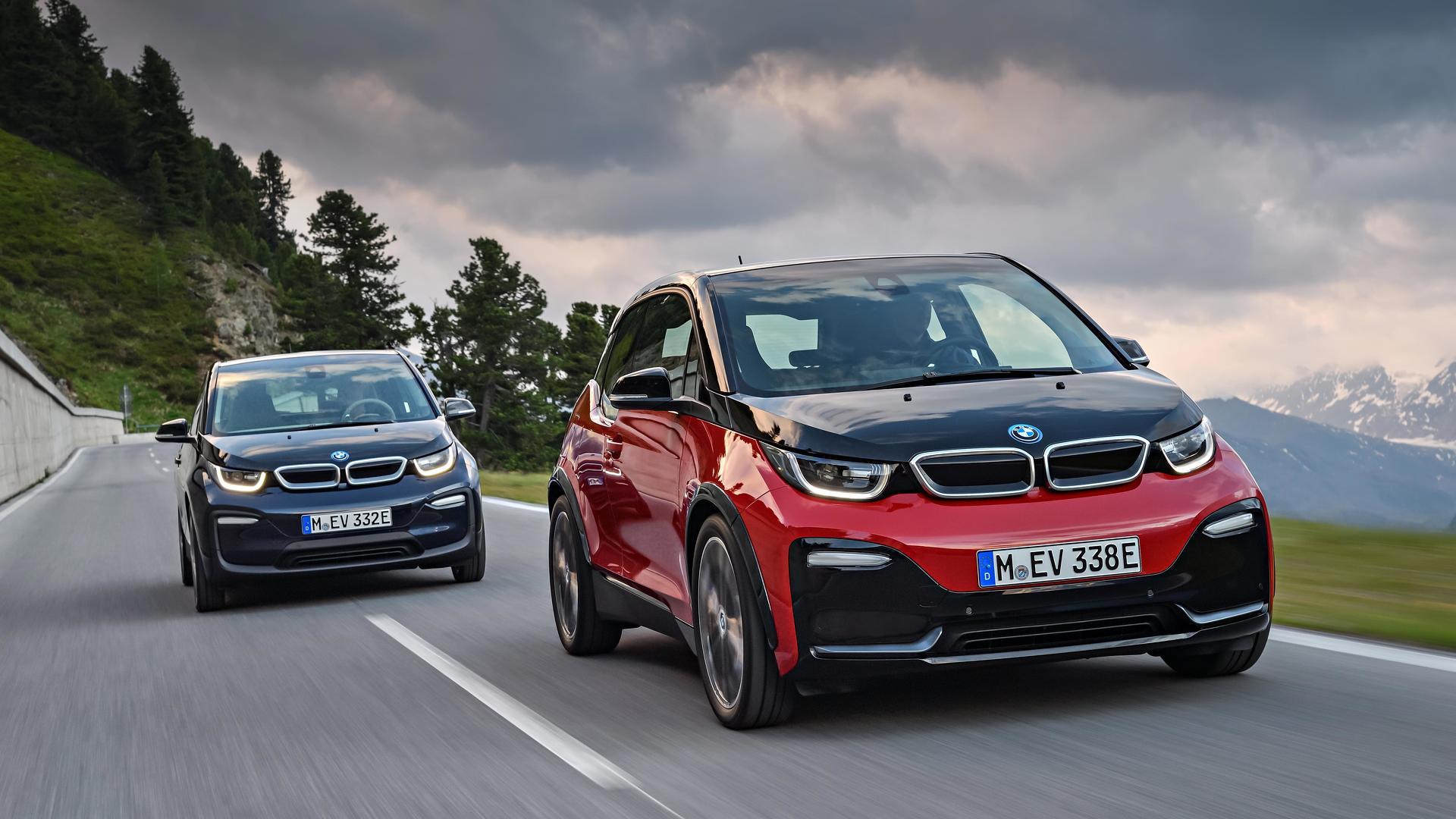

Routine car maintenance is a seemingly minor but vital part of vehicle ownership that definitely should not be ignored. We’ve seen the consequences of such negligence time and again, especially when it comes to past-due oil changes. But what about a 2014 BMW i3 that’s gone nearly 175,000 miles on the same set of brakes?
Actually, it’s not quite as bad as it seems.
When electrified cars hit the mainstream via hybrids during the 1990s, early adopters scooped these vehicles up for their low operating costs. Infrequent trips to the gas station meant a lesser impact on owners’ pocketbooks and, as the miles rolled on, hybrid owners discovered that their choice in vehicle offered another, unexpected benefit: Reduced brake wear. Hybrids’ tendency to lean on regenerative braking—wherein the electric motor becomes a battery-filling generator—means they engage friction brakes less often, and thus rarely need them serviced. So rarely, in fact, that some hybrid and electric car owners have cruised past 100,000 miles without needing their brakes replaced.
An i3 owner since 2014, Helmut Neumann from the village of Titz in North Rhine-Westphalia, Germany has accumulated more than 277,000 kilometers (172,120 miles) on his Bimmer. In this period, he hasn’t had the car’s friction brakes serviced even once. Both the original rotors and pads have endured trips as far as Berlin and the Alps, where even the steep downhill roads weren’t enough to force the i3 to engage its friction brakes—the regenerative system was capable of handling everything the Alps threw at it. (We’ve seen a Nissan Leaf’s regenerative braking system perform similarly amazing feats at Pikes Peak.) So far, i3 maintenance for Neumann has only consisted of tires and a battery upgrade, when he traded the car’s original 22-kWh pack for a more modern 33-kWh pack.

“The vehicle concept of the BMW i3 is unique. It looks so modern from the outside that people still turn around to catch a glimpse of it,” Neumann told BMW. “Apart from the immense driving pleasure, the BMW i3 is simply an extremely economical car. This applies both to power consumption and maintenance costs alike.”
Neumann’s experience with the i3 gives us hope that BMW’s upcoming iX3 E-CUV will tout similarly impressive brake longevity when it hits dealers later this year, bringing with it a 273-mile (WLTP) range and 286 horsepower. Similar service intervals will likely be attainable with the BMW-built Mini Cooper SE EV when it too comes out this calendar year—be sure to watch for our first-drive impression within the next several weeks
Got a tip? Send us a note: tips@thedrive.com